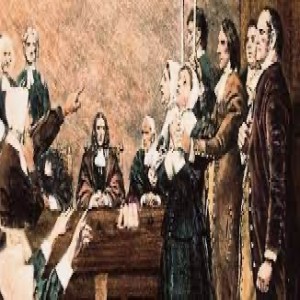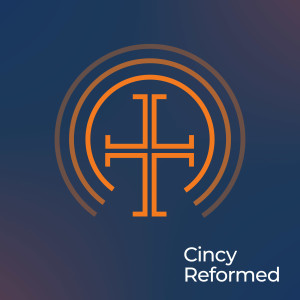
There are no shortages of books, documentaries, and movies that attempt to grapple with the reality of what happened in Salem Village, 1692. Many approaches are admittedly secular and naturalistic, using the historical event to discredit religion, Christianity, or specifically the Puritans. But what is a Christian to think about the Salem Witch Trials? After all, Christians believe witchcraft not only to be real, but also to be a great evil (Exo. 7:11; Lev. 19:31; 20:6; Deut. 18:10-11; 1 Sam. 28:6-25; Acts 16:16-24; 19:17-20; Gal. 5:19-21). Moreover, the Puritans were spiritual giants whose writings have blessed many. John Bunyan's The Pilgrim's Progress, John Owen's Death of Death in the Death of Christ, Herman Witsius's The Lord's Prayer, Thomas Boston's The Crook in the Lot, Thomas Watson's The Doctrine of Repentance, and Richard Sibbs The Bruised Reed are just a few Puritan classics that have blessed Christians for generations. It would be wrong to "throw the baby out with the bathwater." Nevertheless, there are serious lessons to be learned, both negative and positive, from the terrible events of Salem Village, 1692. In this episode, Pastors Brandon and Zac explore this historical occurrence from a Puritan perspective.
For the original source material (from a theological perspective), see:
A Discourse on the Damned Art of Witchcraft by William Perkins
The Certainty of the Worlds of Spirits by Richard Baxter
Demonology and Theology by Nathaniel Holmes
On Witchcraft by Cotton Mather
The Sermon Notebook of Samuel Parris, 1689-1694
More Episodes
 2022-01-03
2022-01-03
 55
55
 2021-12-27
2021-12-27
 146
146
 2021-12-27
2021-12-27
 48
48
 2021-12-21
2021-12-21
 197
197
 2021-12-20
2021-12-20
 49
49
 2021-12-14
2021-12-14
 102
102
 2021-12-06
2021-12-06
 318
318
 2021-12-06
2021-12-06
 43
43
 2021-11-29
2021-11-29
 199
199
 2021-11-29
2021-11-29
 39
39
 2021-11-22
2021-11-22
 71
71
 2021-11-22
2021-11-22
 35
35
 2021-11-15
2021-11-15
 68
68
 2021-11-15
2021-11-15
 48
48
 2021-11-02
2021-11-02
 76
76
 2021-11-02
2021-11-02
 49
49
 2021-10-25
2021-10-25
 110
110
Create your
podcast in
minutes
- Full-featured podcast site
- Unlimited storage and bandwidth
- Comprehensive podcast stats
- Distribute to Apple Podcasts, Spotify, and more
- Make money with your podcast
It is Free
- Privacy Policy
- Cookie Policy
- Terms of Use
- Consent Preferences
- Copyright © 2015-2024 Podbean.com






